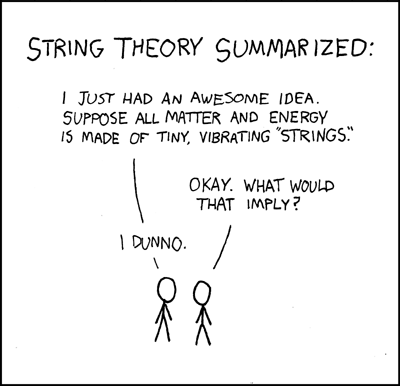
I love Seth Godin. I think he is an innovative genius for his ability to simply express remarkable ideas. (He really likes the term "remarkable," maybe I can score some points with him if I use if a few times in my blog.)
I subscribe to his blog and read it daily. But this one I just didn't get, maybe you can help me:
"Imagine that half the cars in the US get 10 miles per gallon. And half get 40 miles per gallon. Further stipulate that all cars are driven the same number of miles per year.
Now, you get one wish. You can give every low-mileage car a new set of spark plugs that will increase fuel efficiency by 5 mpg, up to 15. Or you can replace every 40 mpg car with a car that gets 75 mpg, an increase of 35 miles for every gallon driven.
Which is better?
Here is his answer:
It turns out that the 5 mpg increase is far better for overall mileage than the 35 mpg increase, even though it's smaller both as a percentage and absolutely. That's because the 10 mpg hogs use up so much gas. They're the low-hanging fruit, not just easy to fix, but worth fixing.
OK, math wizards, here is what this question looks like to me. You have 100 cars. 50 of them get 40 mpg (car X) and 50 of them get 10 miles per gallon (car Y). You can add 35 mpg to car X or 5 mpg to car Y. To me you get a higher overall mpg if you add 35 mpg to car A and you are saving more gasoline. So Just Don't Get It. Learn me something here.
Now, if you want to talk about what might be more efficient or what might get you more bang for the buck, that is a different question. Buying a $5 spark plug to improve 5 mpg rather than spending $20,000 for half of the cars might make economic sense, as well as an easy way to make an improvement that matters.
So I get the point that we can look for easy ways to improve what we are doing. I'm all over that point. And this is my easy way to improve my consternation - rather than spending weeks fretting over it (OK, I really wouldn't do that but it helps with my point), I can do the easy thing and ask the knowledgeable readers out there.











